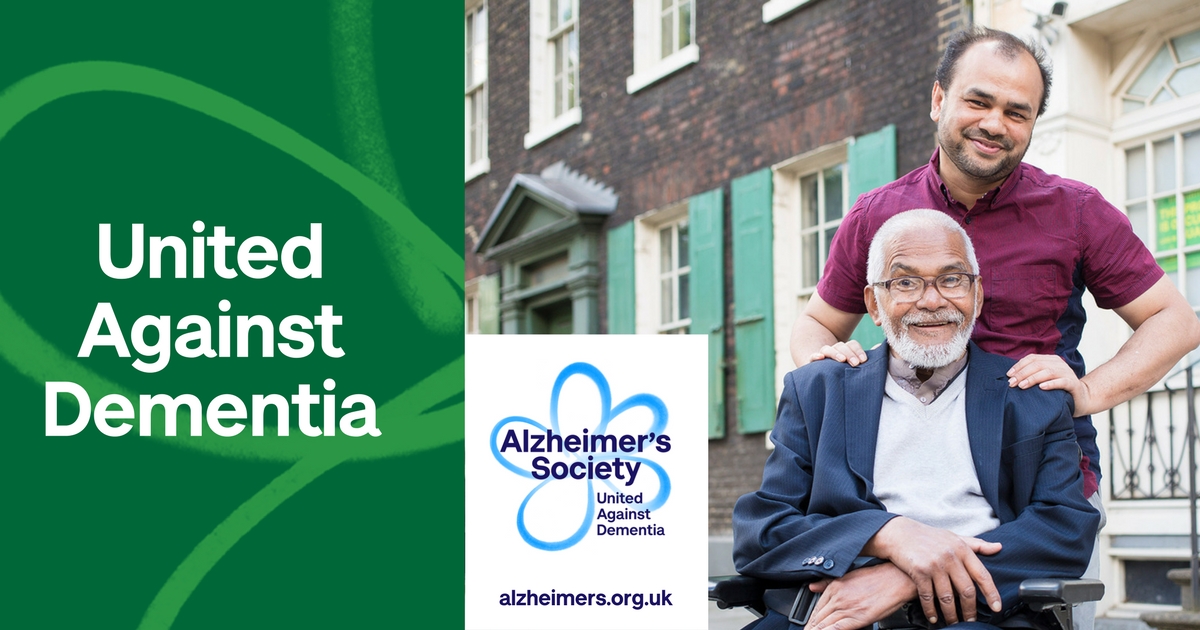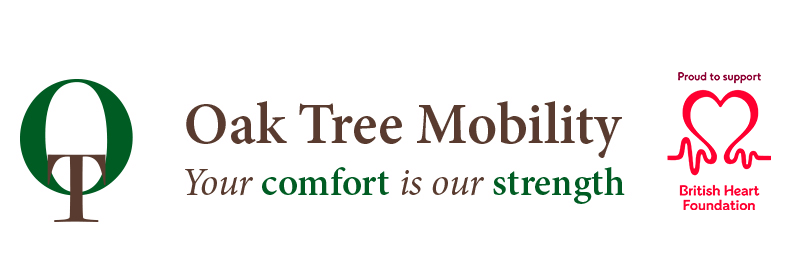As you get older, it’s common to find your memory isn’t what it used to be.
Many people joke about ‘senior moments’ and we’ve all walked into a room only to realise we can’t remember why we went in there in the first place! Small memory slips aren’t anything to worry about, but occasionally memory problems can be a sign of something more serious.
Dementia affects around 850,000 people in the UK. One in 14 people over 65 will develop the condition, and this rises to 1 in 6 people over 80.
Alzheimer’s disease is the most common form of dementia, affecting 62% of individuals diagnosed. Read on to find out more about Alzheimer’s, the common symptoms, and how you can reduce your risk.
What’s the difference between dementia and Alzheimer’s?
Alzheimer’s is a type of dementia. Dementia itself isn’t a disease. It’s the term used to describe a broad set of symptoms, including memory loss and problems with thinking or language. It can be caused by a number of diseases, including Parkinson’s disease, but Alzheimer’s is the most common cause.
Alzheimer’s is a physical disease which affects the brain. Because it’s a progressive degenerative condition, the symptoms will get worse over time.
Age is the most common risk factor for Alzheimer’s, but it’s important to remember that Alzheimer’s and dementia are not a normal part of ageing. You are also more at risk of developing the disease if you have a family history of the condition.
Early-onset Alzheimer’s is the term used to describe Alzheimer’s in young people. However, this type is rare. Alzheimer’s is most common in individuals aged over 60.
What causes Alzheimer’s?
Scientists aren’t sure exactly what causes Alzheimer’s. They think it’s a result of a build-up of abnormal proteins in the brain. The build-up damages the connections between brain cells, causing the cells to die.
To find out more about how Alzheimer’s affects the brain, you can watch this moving video created Alzheimer’s Research UK with actor Bryan Cranston.
What are the symptoms of Alzheimer’s?
Memory problems are one of the earliest indicators of Alzheimer’s. A person may forget about recent conversations or regularly misplace items. Other common signs are:
- Forgetting the names of places and objects
- Showing poor judgement or finding it harder to make decisions
- Becoming less flexible or finding it harder to make decisions
- Changes in mood, such as increased anxiety or agitation
It can be difficult to tell the difference between normal ageing and Alzheimer’s. A good example is that it is quite normal for someone to not remember the details of a conversation that took place a year ago. On the other hand, someone with Alzheimer’s may not be able to remember details of a conversation that took place earlier in the week.
Similarly, many people find it difficult to remember the names of acquaintances or people they don’t know very well. But a person with Alzheimer’s may not recognise or know the names of family members.
As the disease progresses, other symptoms may develop. These include increasing confusion and disorientation, repetitive or impulsive behaviour, and changes in mood. Some people also experience hallucinations and delusions in the later stages of the disease.
What can I do to reduce my risk of Alzheimer’s?
Because we aren’t sure exactly what causes Alzheimer’s, it’s hard to know how it can be prevented.
However, staying mentally and socially active can help guard against the dementia, and help your brain cope better if you do develop the condition.

Activities that keep your brain active include playing musical instruments, learning foreign language, and reading or doing challenging puzzles. Socialising regularly can also help guard against the condition. This could be anything from volunteering in your local community, to regularly catching up with a friend or family member over the phone.
Reducing your risk of cardiovascular disease can also help reduce your risk of developing dementia, in addition to helping prevent strokes and heart attacks. Eating a balanced diet, limiting your alcohol intake, and getting regular exercise can all help keep your body healthy and reduce your risk of cardiovascular disease.
What should I do if I’m worried about dementia or Alzheimer’s?
It can be difficult to realise that you’re experiencing the symptoms of Alzheimer’s. Your family and friends might notice before you do. Alternatively, you might notice them developing in someone close to you.
If you think you might be experiencing the symptoms of dementia, it’s best to book an appointment with a GP. Your GP will be able rule out any physical conditions that could be causing your symptoms, and if necessary, begin the process of getting a diagnosis.
There isn’t currently a cure for Alzheimer’s, but research is being carried out all the time. Medication is available that can temporarily reduce the symptoms, and your GP will also be able to signpost you towards emotional help for you and your family.
With the right support, it is possible for a person with Alzheimer’s to cope with everyday life for several years after symptoms first develop. The Alzheimer’s Society UK website also has lots of useful information for individuals with Alzheimer’s and their family or carers.









Need information
Hi Elizabeth,
f you need more information about our products please give us a call.
Kind regards
Oak Tree